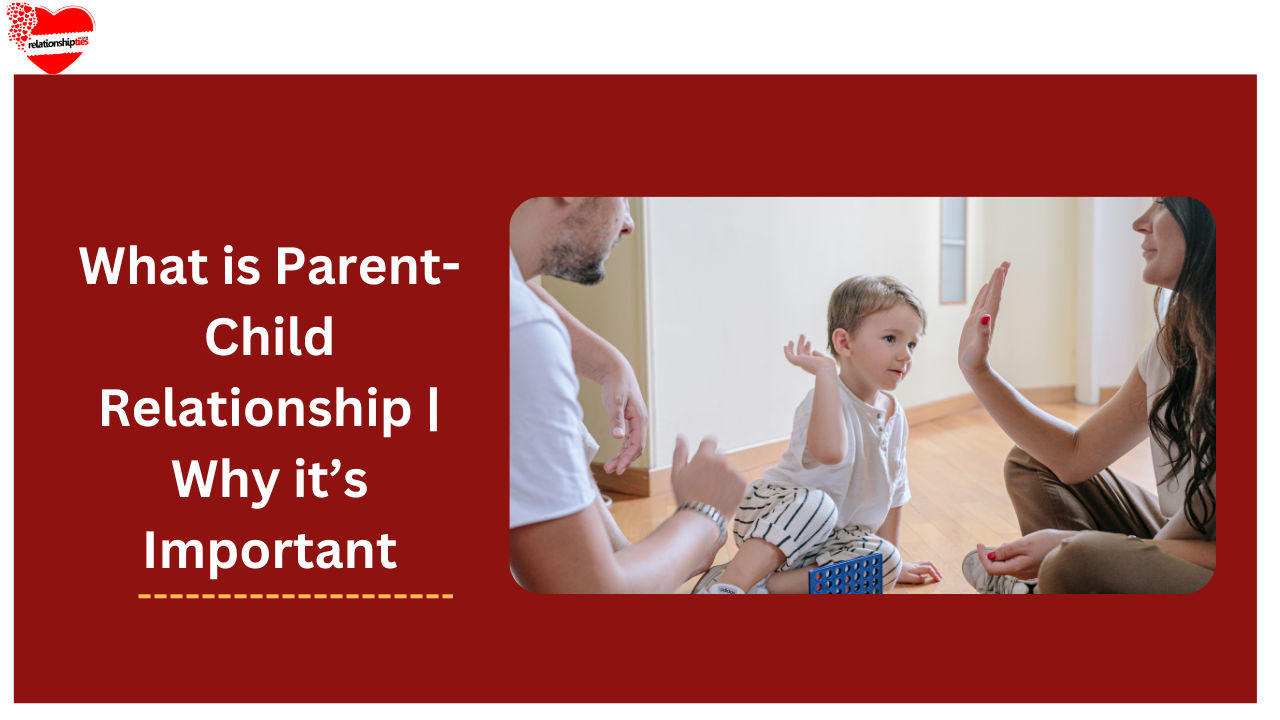Imagine a world where divorced or separated parents could put aside their differences and work together in harmony for the sake of their children’s well-being.
It may sound like an elusive dream, but it is entirely possible with the right mindset and tools at hand.
In this article, we present a comprehensive guide that offers practical advice on how to co-parent without conflict.
From effective communication strategies to establishing healthy boundaries, we will equip you with invaluable tips that can transform your co-parenting dynamic into one filled with understanding, respect, and ultimately – peace.
Table of contents
Tips for Co-Parenting Without Conflict
Here are some of the Tips for Co-Parenting Without Conflict:
1. Effective Communication is Key
Open and honest communication is the foundation of successful co-parenting. Regularly exchange information about your children’s schedules, school events, and health updates. Keep the conversation focused on your kids, and choose neutral channels such as email or dedicated apps to avoid misunderstandings.
2. Create a Consistent Routine
Children thrive on routine and stability. Work together to establish a consistent schedule for visitation, holidays, and special occasions. This predictability provides a sense of security and minimizes disruptions in their lives.
Read ALSO: 10 Powerful Stuttering Tips for Parents
3. Respect Each Other’s Boundaries
Respect is paramount in co-parenting. Acknowledge each other’s boundaries and personal space. Avoid meddling in each other’s personal lives and decisions, and instead, focus on making joint decisions about your children’s upbringing.
4. Be Flexible and Adaptable
Life can be unpredictable, so be prepared to adapt to changes. Whether it’s a sudden change in visitation plans or unexpected events, a flexible approach will help you navigate challenges without unnecessary conflicts.
5. Put Your Children First
Always prioritize your children’s needs and well-being above all else. Make decisions in their best interests, even if it means compromising personal preferences.
Read ALSO: 10 Effective Parenting Tips for Teenage Daughters
6. Seek Mediation if Necessary
If conflicts arise that you can’t resolve on your own, consider seeking professional mediation. A skilled mediator can help both parties find common ground and reach mutually agreeable solutions.
7. Maintain Consistent Discipline
It’s crucial to maintain consistent rules and discipline across both households. This ensures that your children receive a consistent message about expected behavior, regardless of where they are.
8. Celebrate Special Moments Together
Share in your children’s special moments, such as birthdays and school events, whenever possible. This shows your children that you can still come together to celebrate their milestones.
9. Practice Self-Care
Take care of yourself both mentally and physically. A healthy and happy co-parent is better equipped to provide the support and stability your children need.
10. Stay Positive and Patient
Maintain a positive attitude and be patient with the process. Co-parenting may have its ups and downs, but a constructive outlook can help you navigate any challenges that come your way.
Read ALSO: What is Parent-Child Relationship | Why it’s Important
High Conflict Co-parenting Classes Online
Here are Co parenting without conflict online classes designed to help parents navigate high-conflict co-parenting situations:
Parenting Apart Program
On the parenting without conflict classes is Parenting Apart Program by Our Family Wizard. This online parenting without conflict course offers comprehensive tools and resources for high-conflict co-parents. It includes a shared parenting calendar, expense tracking, messaging, and many resources to improve communication and reduce conflicts.
Website: OurFamilyWizard
Co-Parenting with Purpose
Description: Co-parenting with Purpose is a court-approved online program that focuses on reducing conflicts between parents. This parenting without conflict course covers topics such as effective communication, managing emotions, and creating a healthy co-parenting environment.
Website: OnlineParentingPrograms.com
High-Conflict Co-Parenting Course
Description: This parenting without conflict course is specifically designed for parents dealing with high-conflict co-parenting situations. It provides strategies to manage conflicts, communicate effectively, and make decisions in the children’s best interest.
Website: Center for Divorce Education
Parallel Parenting 101
Description: Parallel Parenting 101 focuses on minimizing direct contact between co-parents in high-conflict situations. It teaches parents how to co-parent effectively while reducing the potential for conflicts.
Website: The Co-Parenting Coach
Positive Co-Parenting After Divorce
Description: This Co parenting without conflict online course on Udemy provides practical advice and strategies for managing high-conflict co-parenting situations. It covers topics such as setting boundaries, managing emotions, and creating a positive co-parenting dynamic.
Website: Udemy
The Importance of Co-Parenting Without Conflict
Let’s talk about the importance of co-parenting without conflict:
Co-Parenting Without Conflict: A Foundation for Your Children’s Future
Co-parenting without conflict lays a strong foundation for your children’s future. It ensures that they grow up in a stable and supportive environment, promoting their emotional and psychological well-being.
Fostering Healthy Relationships
One of the primary benefits of co-parenting without conflict is the opportunity to foster healthy relationships. When children see their parents cooperating and communicating positively, they learn valuable lessons about resolving differences and maintaining respectful interactions.
Navigating the Challenges
Effective Communication
Communication is key in co-parenting without conflict. Learn how to communicate effectively with your ex-partner, focusing on the needs of your children and maintaining a civil tone.
Setting Boundaries
Establishing clear boundaries is essential to avoid conflicts. We’ll provide insights into how to define boundaries and stick to them for the benefit of everyone involved.
Resolving Disagreements
Disagreements are inevitable, but how you handle them matters. Discover techniques for resolving conflicts peacefully, whether it’s about parenting decisions or visitation schedules.
Maintaining a Positive Atmosphere
Keeping Emotions in Check
Managing your emotions is crucial in co-parenting without conflict. We’ll discuss strategies to keep anger, resentment, and frustration at bay, allowing for more productive interactions.
Prioritizing Your Children’s Well-Being
Above all, successful co-parenting is about putting your children’s well-being first. We’ll explore ways to ensure their needs are met emotionally, physically, and mentally.
Co-Parenting Without Conflict FAQs
How can I start co-parenting without conflict?
What should I do if my co-parent is uncooperative?
Is it possible to co-parent without conflict after a difficult breakup?
How can I ensure consistency in parenting between households?
What role does extended family play in co-parenting without conflict?
Can co-parenting without conflict improve my child’s emotional well-being?
Conclusion
Co-parenting without conflict is not an easy task, but it is definitely achievable with the right mindset and strategies. By focusing on effective communication, setting boundaries, and prioritizing the best interests of the children, parents can create a harmonious co-parenting relationship.
It is important to remember that conflict can have long-lasting negative effects on children, so putting their needs first should always be the top priority. By following these tips and working together as a team, parents can provide stability and support for their children during this challenging time.
So, let’s commit to putting aside our differences and creating a peaceful co-parenting environment for the sake of our children’s well-being.






